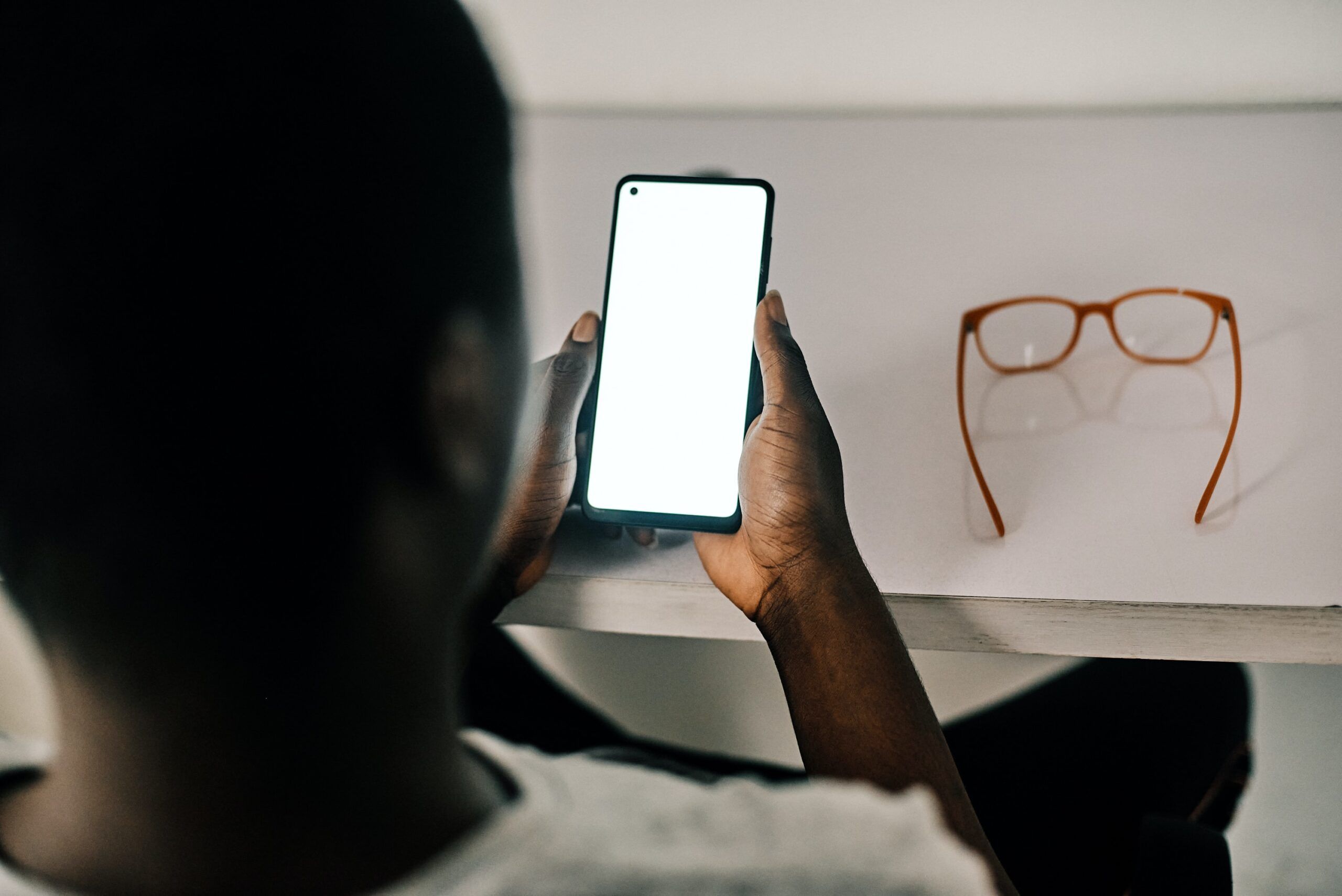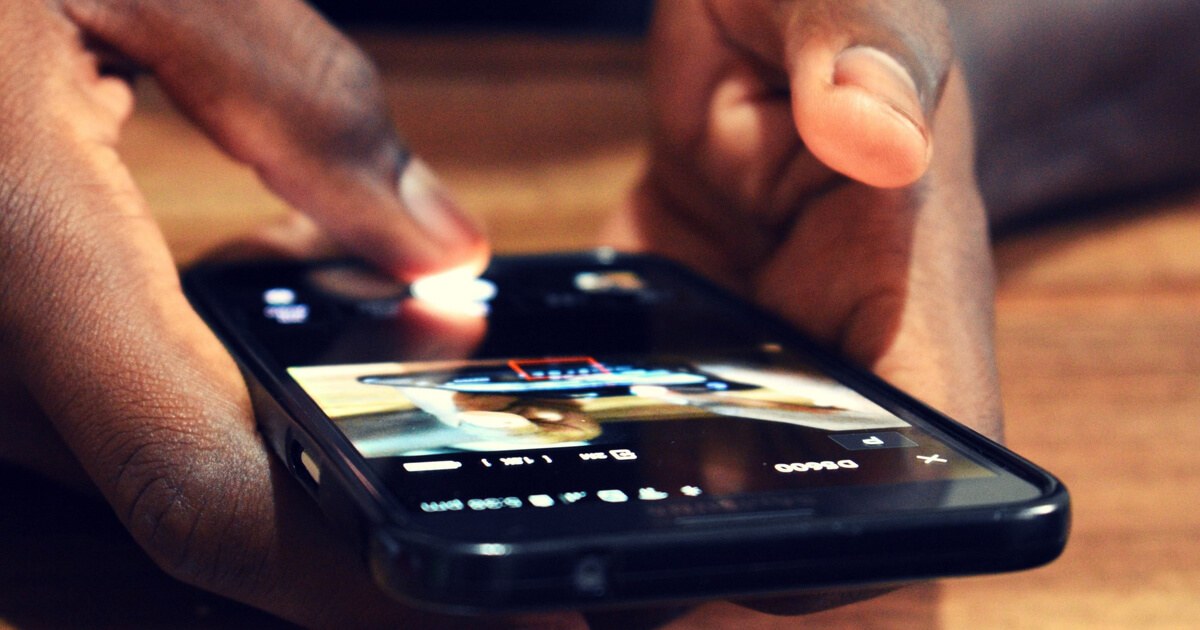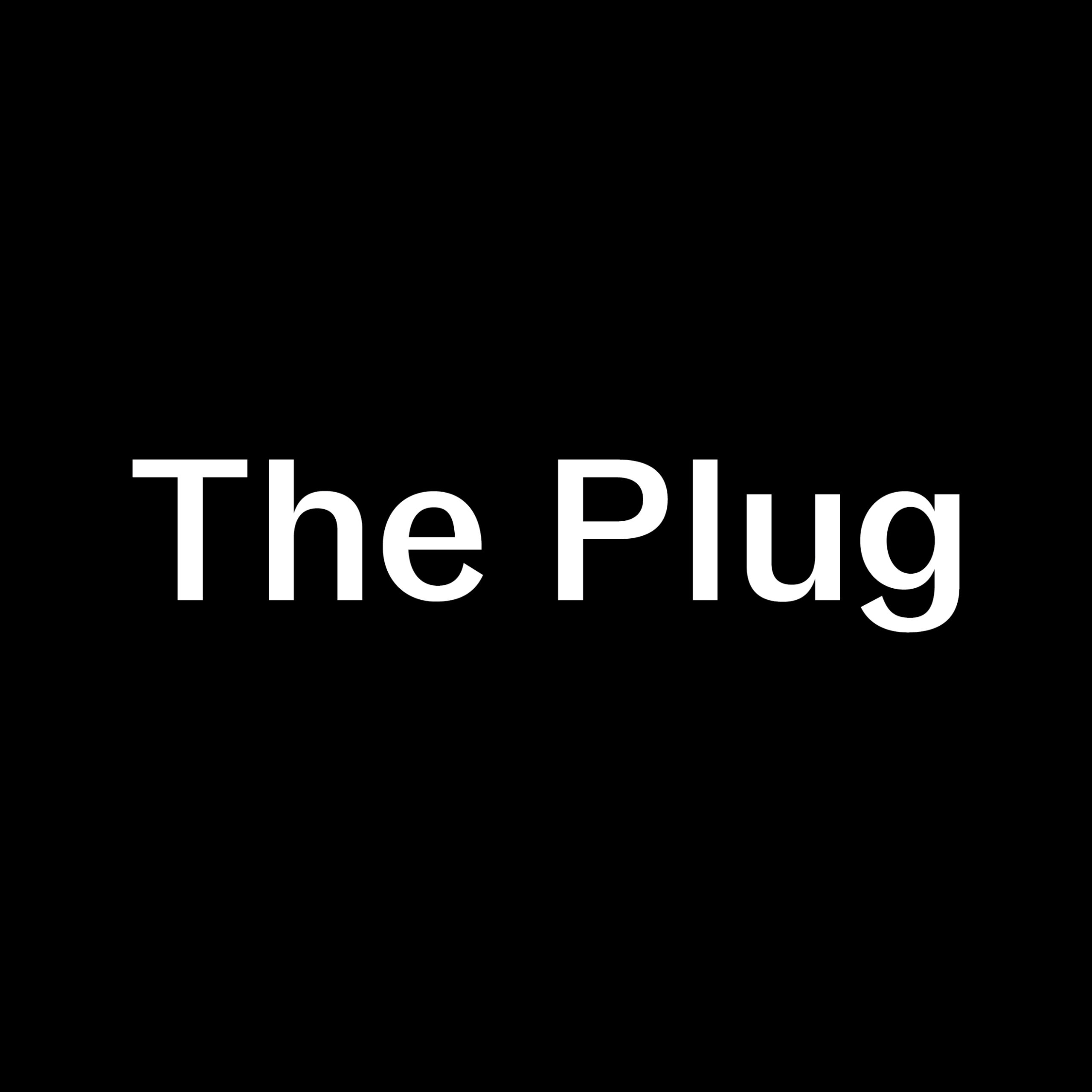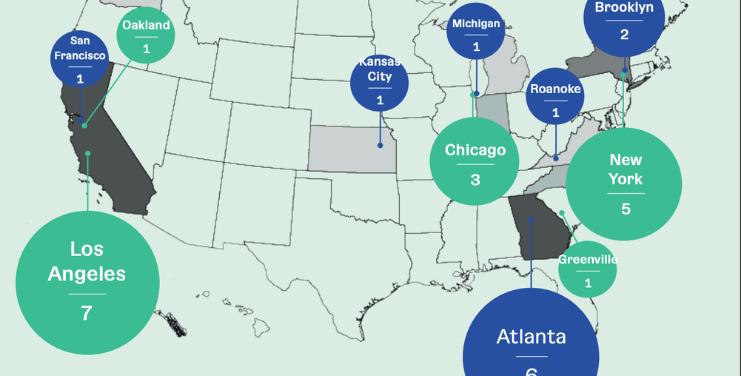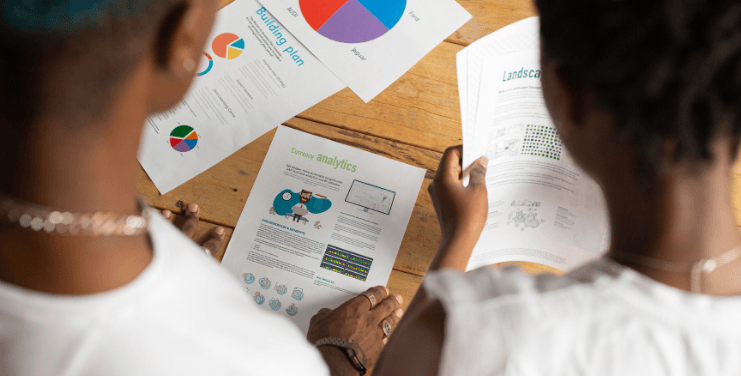The National Digital Alliance spreads awareness to local digital inclusion and promotes digital equity events across the country in its annual Digital Inclusion week from October 4th through 8th.
“The impact, one of my staff members said, is like Chicken Little,” Angela Siefer, Executive Director of The National Digital Alliance, told The Plug. The staffer has worked towards digital equity for 10 years in the state of North Carolina where she focused on broadband adoption.
Before the pandemic, NorthCarolina was ranked 40 out of 45 in 2014 as the state was slowly adopting broadband.
“Now that the pandemic has hit, everyone is like ‘Ahh, there’s a digital divide!’ We’ve been saying that for decades and people have been ignoring us,” she said.
The digital divide is worse on poor, Black Americans. According to the Census, 34 million Americans live below the poverty line, with one in five Black Americans living in poverty and struggling to get internet access. In 2020, Black Americans made an estimated $45,870 in median household income, which has decreased 0.3 percent compared to $46,005 in 2019.
Black communities could face employment issues from lack of broadband access. According to a Harvard Business Review survey, 70 percent of Black Americans are under-prepared in digital skills. Less than 20 percent of Black Americans are working remote jobs. If the digital gap does not close, Black and Hispanic workers could be unqualified for 86 percent of jobs by 2045.
There are issues in broadband service and adoption in rural areas. According to an NDIA report, the federal government’s existing rural-only programs were discriminatory against many Black Americans in urban communities. Black Americans accounted for 28 percent of more than 95 percent of unconnected urban communities. The report confirms that Black Americans and minorities in households with no broadband service are the least likely to qualify for infrastructure funds or digital inclusion services.
Federal entities and advocacy organizations are taking many unusual steps to provide more education and resources in quelling the digital gap.
“We got an email today asking if you had any copies or examples of radio ads around digital navigator programs,” Siefer said. “That request we got was wanting to get out information about what a digital navigator is on the radio.”
According to Siefer, digital navigators were developed during the pandemic where community staffers and volunteers help find discounted or free broadband service, low-cost electronics and digital literacy training.
Last month, Georgia Senator Raphael Warnock introduced the Device Access for Every American Act to the Senate, a legislation that would authorize the Federal Communications Commission (FCC) to make a program that grants low-income families $400 vouchers for laptops and other electronic devices.
Another act, the Infrastructure Investment and Job Act, could make big changes to digital inequity issues. The bipartisan infrastructure bill authorizes funds for highways, transit programs and more. The $2.75 billion Digital Equity Act provides digital literacy training, increased internet accessibility and encourages rural areas to stand up for their broadband needs.
While the Senate passed the infrastructure bill, the House of Representatives is still on the fence about price points. According to an NPR article, some progressives said they would hold their support of the bill until there was more attention on a social safety bill.
Though progressives are frustrated with one bill being put over the other, President Biden told NPR that being frustrated is a part of government affairs.
Under the Digital Equity Act, two unnamed federal programs would be created, operated by the U.S. Department of Commerce’s National Telecommunications and Information Administration (NTIA). Using #digitalequalitynow, workers in Congress and other organizations around the U.S. have advocated for the importance of digital equality nationwide.
“At this point, we don’t need to do advocacy to have it included. It’s already included. It’s whether or not Congress gets its act together and actually does anything. Siefer continued.“When that happens then we have something big to celebrate.”

